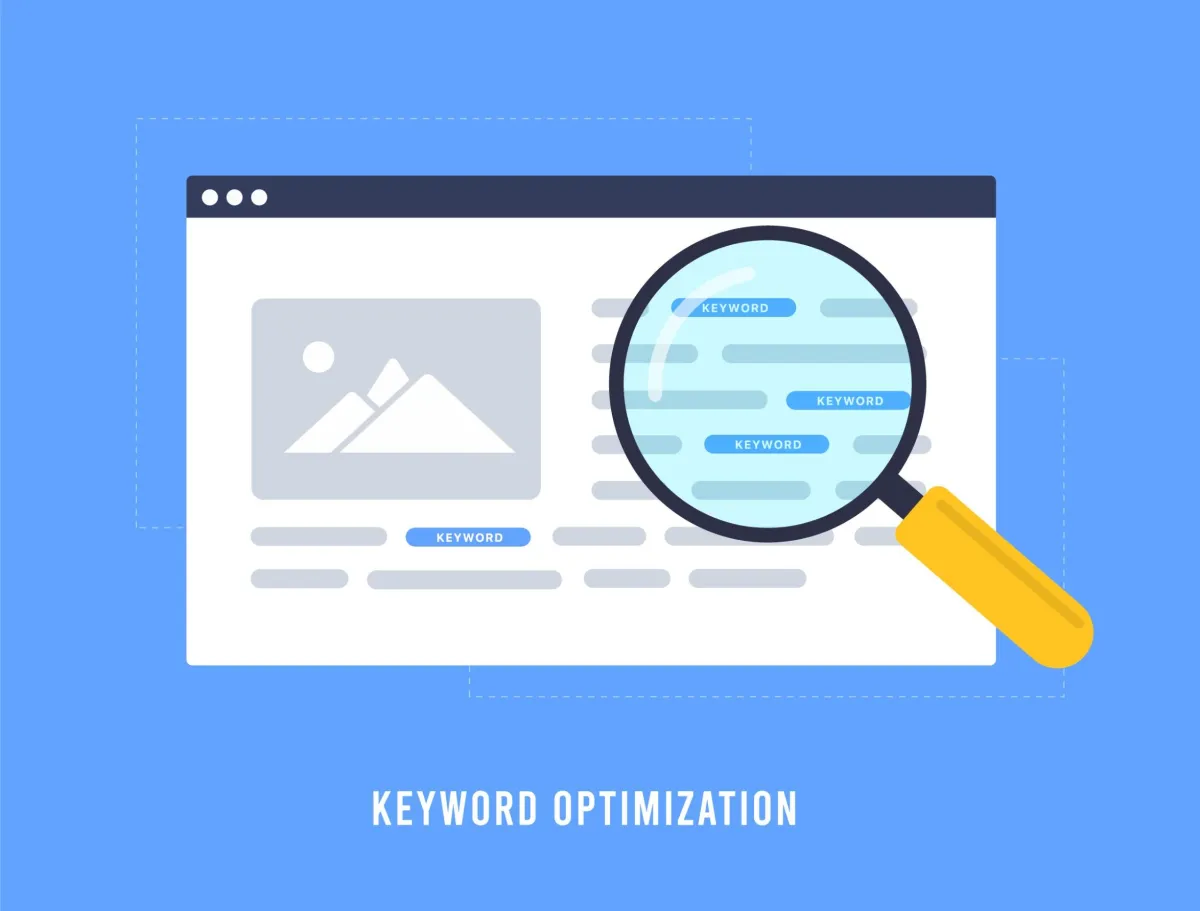Are you struggling to get your website noticed? Improving your website’s ranking in search engines can be tricky. But don’t worry, our digital marketing company in Clearwater is here to help.
Our team knows all the important factors that influence SEO rankings. In this blog post, we’ll share some simple tips and tricks.
These will help you boost your website’s position and attract more visitors. Let’s get your site climbing to the top!
Introduction to the Importance of SEO for Small Business Owners
Search engine optimization (SEO) is critical for small businesses looking to establish a strong online presence. In today’s digital age, having a website is not enough; your site needs to rank highly on search engines.
Why? Because higher rankings lead to increased visibility and traffic, which can translate into more customers and sales.
Key Factors that Affect SEO Ranking
- Quality Content: Create valuable, informative content that answers your audience’s queries.
- Keywords: Use relevant keywords organically throughout your content.
- Backlinks: Obtain high-quality links from reputable websites to build authority.
- Site Speed: Ensure your website loads quickly; slow sites can negatively impact user experience.
- Mobile Friendliness: Your website should be responsive and easy to navigate on mobile devices.
Digital marketing services in Clearwater can assist in optimizing these factors for your website.
Understanding the Basics of How Search Engines Rank Websites
Search engines use complex algorithms to analyze and rank websites. While these algorithms are proprietary and constantly evolving, some foundational principles remain constant:
- Crawling: Search engines deploy bots (also known as spiders or crawlers) to explore the internet and discover new or updated content.
- Indexing: Once the bots find content, it is indexed, meaning it’s stored and organized so it can be retrieved during a search query.
- Ranking: Search engines sort indexed content based on numerous factors to present the most relevant results to users.
For small business owners, understanding these basics is the first step towards optimizing their websites for search engines.
Key SEO Ranking Factors: On-page and Off-page Optimization
SEO can be broadly categorized into two areas: on-page and off-page optimization. Both are crucial for improving your website’s ranking.
On-page Optimization
On-page SEO refers to all the actions you can take within your website to improve its position in search rankings. Key elements include:
- Keywords: Research and incorporate relevant keywords into your content, titles, meta descriptions, and headers.
- Quality Content: Ensure your content is valuable, engaging, and original. Content should address your audience’s needs and include keywords naturally.
- URL Structure: Use clear, descriptive URLs that include keywords where possible.
- Meta Tags: Optimize title tags and meta descriptions to improve click-through rates.
- Internal Linking: Link to other pages on your website to improve navigation and help search engines understand the structure of your site.
- Mobile-friendliness: Ensure your website is responsive and provides a good user experience on all devices.
- Page Speed: Optimize images, use caching, and improve server response times to enhance load speed.
Off-page Optimization
Off-page SEO refers to actions taken outside your website to impact your rankings within search engine results pages (SERPs). Key elements include:
- Backlinks: Earn high-quality backlinks from reputable sites in your industry. This signals to search engines that your site is trustworthy and authoritative.
- Social Signals: Engage on social media platforms to build your brand and increase the chances of earning backlinks.
- Online Reviews: Encourage satisfied customers to leave positive reviews on platforms like Yelp and Google My Business.
- Guest Blogging: Write guest posts for other websites in your niche to build authority and gain backlinks.
Tips and Best Practices to Improve Your Website’s SEO
Improving your website’s SEO involves ongoing efforts and adherence to best practices. Here are some tips to help you get started:
- Conduct Regular Keyword Research: Use tools like Google Keyword Planner, SEMrush, or Ahrefs to discover keywords relevant to your business and industry.
- Optimize for Local SEO: Claim and optimize your Google Business Profile. Include location-specific keywords to attract local customers.
- Create High-Quality Content: Regularly publish informative, engaging, and relevant content that answers your audience’s questions and needs.
- Build a Strong Backlink Profile: Focus on earning backlinks from high-authority websites. Guest blogging, influencer outreach, and creating shareable content can help.
- Enhance User Experience (UX): Ensure your website is easy to navigate, visually appealing, and free from technical issues.
- Monitor and Analyze Performance: Use tools like Google Analytics and Google Search Console to track your SEO performance and make data-driven decisions.
The Role of Content in SEO and Strategies for Small Business Owners
Content is at the heart of SEO. High-quality, relevant content can engage your audience, build authority, and attract backlinks. Here are some content strategies for small business owners:
- Blogging: Start a blog and regularly publish articles on topics relevant to your audience. Aim for long-form content that provides in-depth information.
- Visual Content: Incorporate images, infographics, and videos to make your content more engaging and shareable.
- User-Generated Content: Encourage customers to create content for your brand, such as reviews, testimonials, and social media posts.
- Content Calendar: Plan your content in advance to ensure consistency and alignment with your marketing goals.
Tools and Resources for Small Business Owners
Several tools and resources can help small business owners improve their SEO efforts:
- SEO Tools: SEMrush, Ahrefs, Moz, and Google Keyword Planner for keyword research and competitive analysis.
- Analytics: Google Analytics and Google Search Console for tracking performance and gaining insights.
- Content Creation: Grammarly and Hemingway for writing assistance; Canva for creating visual content.
- Technical SEO: Screaming Frog and GTmetrix for site audits and performance optimization.
Conclusion
Improving your website’s ranking on search engines doesn’t have to be complicated. By focusing on creating valuable content, using the right keywords, and making sure your site runs smoothly and looks good on mobile, you can see significant improvements.
Engaging with your audience on social media and encouraging reviews can also help build your site’s credibility. Remember, SEO is an ongoing process, so regularly monitor your performance and make adjustments as needed.
By following these simple tips, you’ll be well on your way to boosting your site’s visibility and attracting more visitors.
Ready to elevate your website’s SEO? Contact Site Leaper today!
Telephone: 1-888-588-3246
Email: info@siteleaper.com


